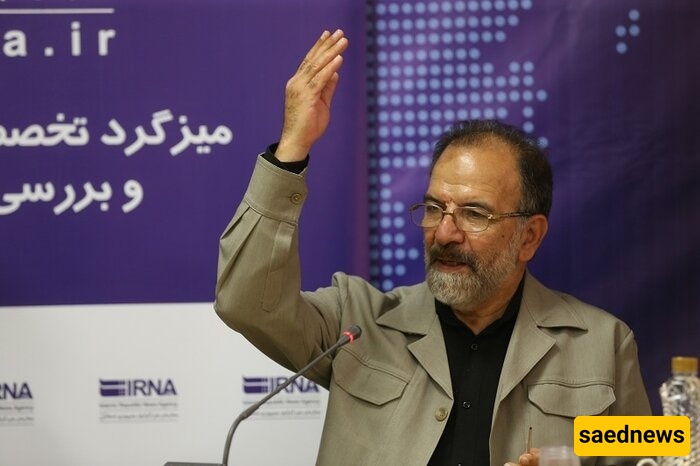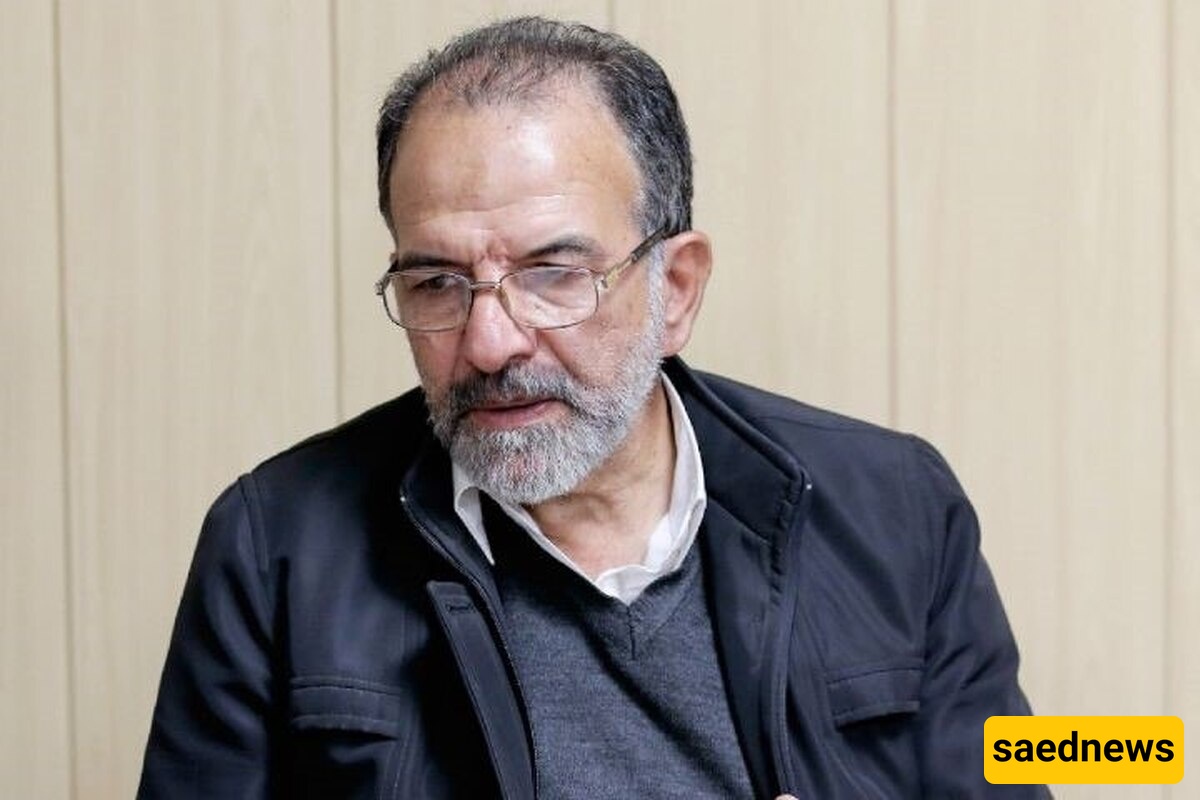SAEDNEWS: A prominent Middle East analyst has called for a strategic and revealing Iranian response to U.S. military action, one that would expose American vulnerabilities and reshape the balance of power in the region.

According to Saed News, in the aftermath of recent U.S. strikes on Iranian nuclear facilities, Jafar Ghanadbashi, an expert in regional affairs, told IRNA News Agency that Iran’s response must not only be forceful but also illuminating—demonstrating both Iran’s deterrent power and the underlying weaknesses in American strategy.

“An effective response is one that makes the U.S. regret its actions,” Ghanadbashi said. “It must lay bare the myth of American invincibility and expose the military and strategic flaws the Pentagon works hard to conceal.”
The remarks came after U.S. forces, in what Tehran called a direct entry into Israel’s war with Iran, reportedly targeted Iranian nuclear sites in Fordow, Natanz, and Isfahan. Iran’s Foreign Ministry condemned the strikes as illegal acts of aggression and declared that, under Article 51 of the UN Charter, Iran reserves all options to defend its sovereignty.
Iran’s Atomic Energy Organization also issued a statement denouncing the attacks as a flagrant violation of international norms, including the Non-Proliferation Treaty (NPT), warning that the country’s nuclear development would not be derailed.
Ghanadbashi drew parallels with past U.S. military miscalculations. “Just as America suffered a humiliating setback in Yemen and was forced to retreat, any escalation here will lead to broader, more unpredictable regional consequences,” he said. He predicted that U.S. aggression would ultimately weaken both its presence in the Middle East and the credibility of the Biden administration.
The analyst stressed the importance of choosing a response that reveals “the hidden soft spots” in America’s regional posture. “Washington doesn’t want the world to see how vulnerable it really is—whether it’s logistical exposure, intelligence failures, or its dependence on proxy forces. But Iran can bring that reality to light,” he argued.
He also pointed to the growing grassroots opposition to U.S. and Israeli actions, referencing protests in Iraq and civil mobilisations in North Africa. “This war is not merely military—it’s political and cultural,” Ghanadbashi said. “The resistance of the Iranian people against Israel sends a powerful message: Muslim nations can defy the military supremacy of the West.”
In a broader critique of U.S. foreign policy, he accused Washington of continuing a tradition of fabricating threats—drawing a comparison to the invasion of Iraq based on false claims about weapons of mass destruction.
“The same lie is being recycled,” he said. “The world knows Iran is not pursuing nuclear weapons. By attacking on that false pretext, the U.S. has only accelerated the erosion of its moral and strategic legitimacy.”
Ghanadbashi concluded that Iran’s firm stance may mark a turning point—not just in military resistance, but in igniting a broader rebellion against Western dominance in the region.

